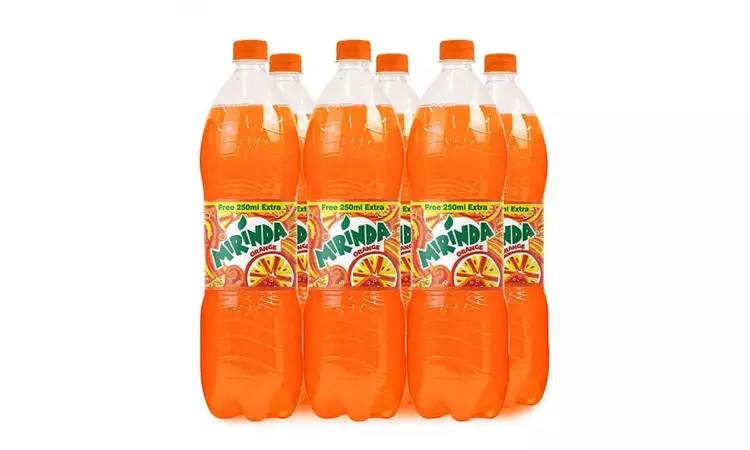Delhi High Court Restrains MP-Based Liquor Manufacturer From Using Hindi Transliteration Of Mirinda Mark
Parina Katyal
10 May 2023 3:07 PM IST

Next Story
10 May 2023 3:07 PM IST
The Delhi High Court has restrained a country-made liquor manufacturer from using the Mirinda mark, including its Hindi transliteration, while passing an interim injunction in favour of PepsiCo in a suit filed by the latter seeking permanent injunction against the infringement.Justice Jyoti Singh rendered a prima facie finding that the adoption of the mark by Jagpin Breweries was...
